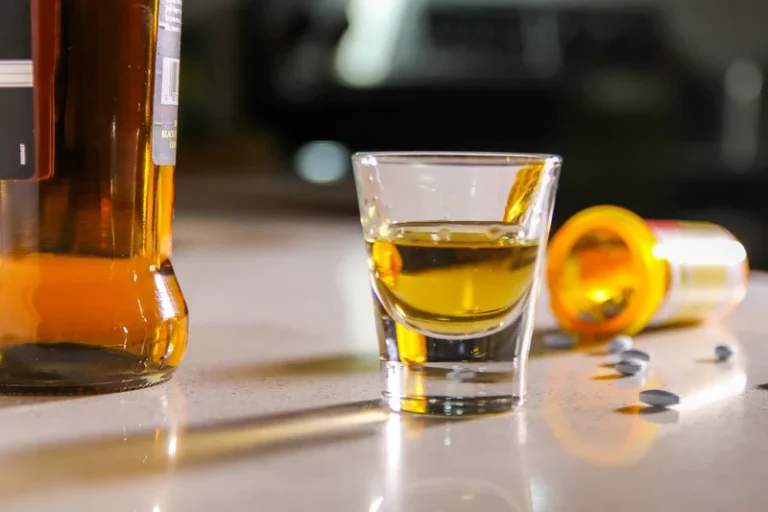
Full text Substance abuse articles, meta-analyses, systematic reviews and randomized controlled trials were obtained from this list and were considered for review. It is estimated that 50% of persons with alcohol-use disorders experience symptoms of alcohol withdrawal when they reduce or discontinue their alcohol consumption (67). Up to 15% of individuals with alcohol-use disorder at some stage will suffer a seizure (10), and alcohol withdrawal is a common cause of adult-onset seizures (42).

Alcohol Withdrawal Timeline – When Should You Watch Out For Seizures?
Parenteral phenobarbital should be used with caution and in a setting with frequent supervision due to the risk of sedation and respiratory depression (79). Phenobarbital has not been approved by the Food and Drug Administration for alcohol withdrawal. Further research with large randomized clinical trials with standardized phenobarbital protocols are needed because evidence for treatment comes mainly from observational studies (49). Studies focusing on alcohol withdrawal seizures as seizure due to alcohol withdrawal the main outcome are lacking (62). Alpha2-adrenergic agonists like clonidine and dexmedetomidine should not be used alone to prevent alcohol withdrawal seizures or delirium as they “do not treat the underlying pathophysiology” (79).

Can Stopping Alcohol Cause Seizures?
Thinning of hair and gynecomastia are also seen in patients with chronic alcohol use https://ecosoberhouse.com/ disorder. Environmental factors and genetics are two factors affecting risk for alcoholism, with about half the risk attributed to each. Someone with a parent or sibling with alcoholism is three to four times more likely to become an alcoholic themselves, but only a minority of them do.

• Choice of Benzodiazepine
Alcohol withdrawal seizures are caused by abrupt cessation of heavy alcohol consumption (50). For a comprehensive discussion of seizure types related to alcohol, see McMicken and Liss (42). This article deals only with seizures occurring during alcohol withdrawal in adults. Alcohol withdrawal seizures are one of the most serious and potentially life-threatening complications of alcohol withdrawal.
- During check-ups, doctors can monitor for signs of chronic conditions that may increase seizure risk, such as hypertension or diabetes.
- Seizures often seem to develop in the hours after you stop consuming alcohol.
- Alcohol-related seizures in those with epilepsy mostly occur due to alcohol withdrawal rather than the act of drinking itself.
- During alcohol withdrawal, patients may require higher than normal doses of GABAergic substances (benzodiazepines).
- When Wernicke encephalopathy is suspected or manifests, parenteral administration of 500 mg thiamine three times daily should be started with no delay, as recommended by British guidelines (category D) (37).
- If you or someone you know has an alcohol use disorder, know that help is available.
- This made it difficult to advocate ‘gradual weaning’ as a justifiable intervention.
- Techniques such as mindfulness, yoga, and regular exercise can reduce the likelihood of seizures by promoting relaxation and reducing stress’s impact on the nervous system.
- Quitting or cutting back on alcohol is undoubtedly good for our health, but stopping abruptly after a period of heavy drinking can throw off the chemical balance in our brain, potentially triggering alcohol withdrawal seizures.
- People with moderate-to-severe alcohol use disorder often begin with a medical detox program.
The patient’s condition must be reviewed from time to time for the appearance of signs of medical or neurological illness which may not have been evident at admission but may develop subsequently. When chronic heavy drinkers suddenly stop drinking, they experience alcohol withdrawal symptoms. These are uncomfortable physical and mental side effects that can be potentially life-threatening. Patients requiring inpatient treatment due to seizures, delirium, or other medical diagnoses follow the same treatment regimen.
- However, controlled studies have not provided sufficient data to demonstrate that these agents can prevent seizures or DT’s.
- In this video, a medical team discusses alcohol use disorder and we are introduced to a man who explains his own experiences and struggles with alcohol.
- You should also call 911 and get emergency medical help as soon as possible, even if the seizure has stopped.
- By addressing challenges and building on emerging evidence, we aim to refine this approach and expand its application to benefit more patients.
Therefore, the importance of direct and indirect alcohol markers to evaluate consumption in the acute clinical setting is increasingly recognized. A summary of relevant markers in the emergency setting is given in Table 3. The detection of ethanol itself in different specimens is still a common diagnostic tool to prove alcohol consumption.
